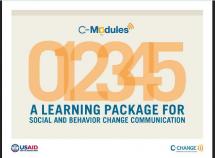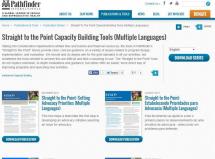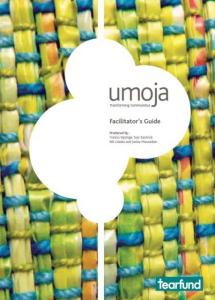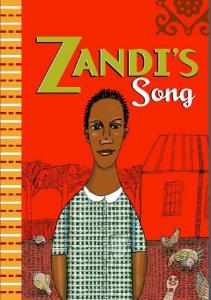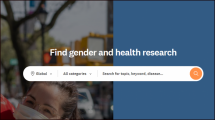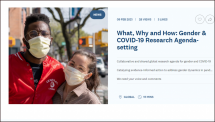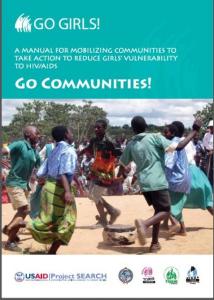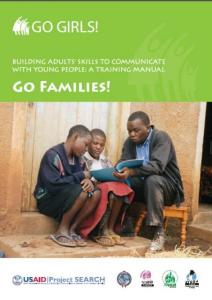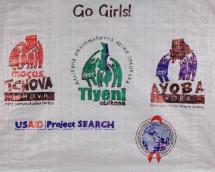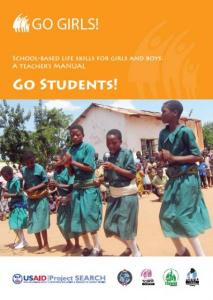Learning Package for SBCC Facilitator’s Guide
This is a six-module learning package for facilitated, face-to-face workshops on social and behavior change communication (SBCC). Designed for communication practitioners in small and medium-sized development organizations, the modules comprise the following downloadable documents: 1) Practitioner’s Handbook for each module, 2) Facilitator’s Guide for each module along with an overall Facilitator’s Preparation, and 3) Additional Resources. Module 0 introduces participants to SBCC. Modules 1 through 5 focus on one distinct step of C-Planning: 1: Understanding the Situation, 2: Focusing & Designing, 3: Creating, 4: Implementing & Monitoring, and 5: Evaluating & Replanning. These modules focus on building essential SBCC competencies, feature practical tools, use field examples, and create opportunities for participants to apply what they learn to their own programs. Facilitators may adapt the content to learners’ profiles and the time available and substitute their own examples. Facilitator Preparation: Includes an overview of the approach, the course and resources for preparation, facilitation, field-testing, and evaluation.
This Facilitator Guide provides insight into the content and activities for each module.
Last modified: July 23, 2021
Language: English, French, Portuguese, Spanish

